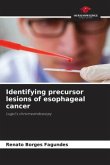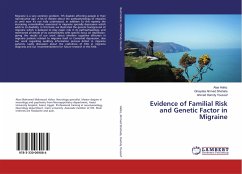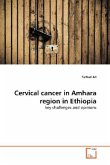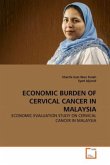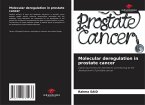Cervical cancer is a multifactorial disease. Infection by oncogenic types of the human papillomavirus (HPV) is the major environmental risk factor and host genetic susceptibility also influences disease development. The aim of this work was to identify and analyse risk genes involved in the genetic predisposition to cervical carcinoma. A unique and extensive population-based affected sib- pair (ASP) material and a large case-control sample were used in the investigations. The findings of this work are important contributions towards understanding more about the aetiology of this complex cancer. First when the full range of risk factors have been identified and we have understood how they interact to produce susceptibility will it be possible to understand the aetiology of this complex disease. This will lead to increased knowledge of immune responses to HPV infections, yield important insights in host-pathogen interactions and provide a foundation for further advances with HPV vaccine development.

